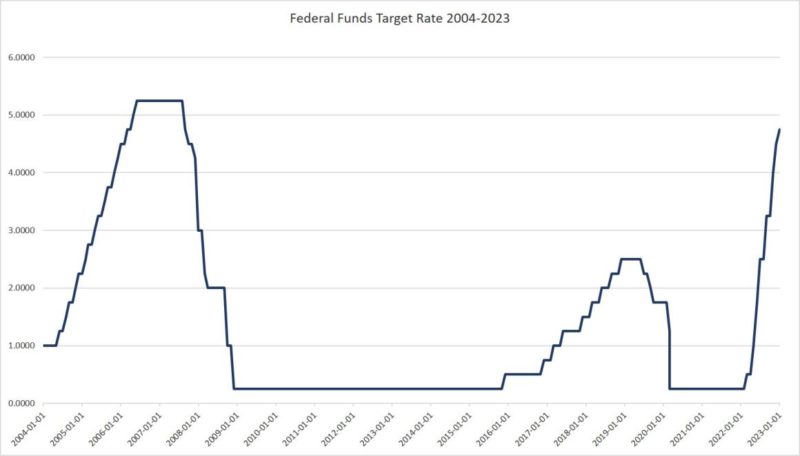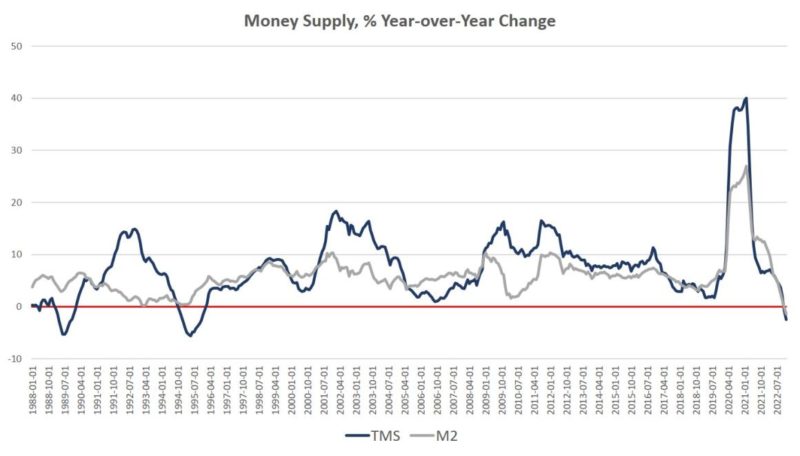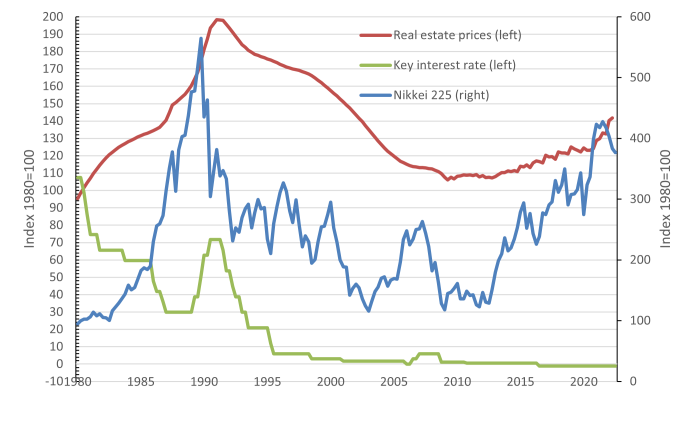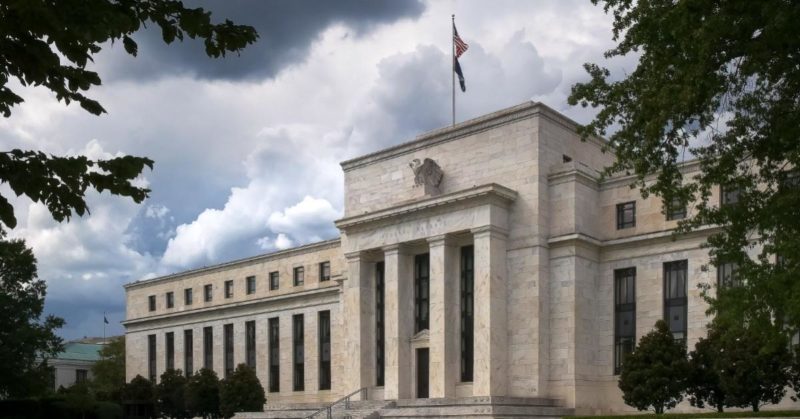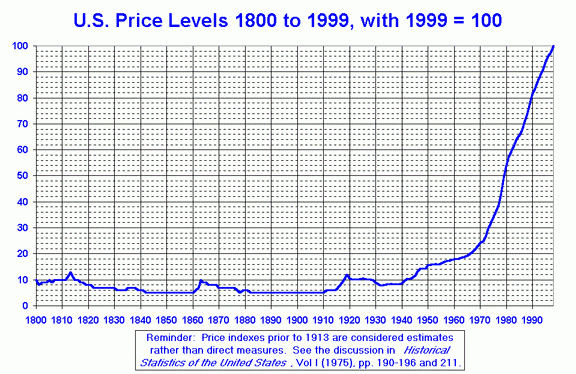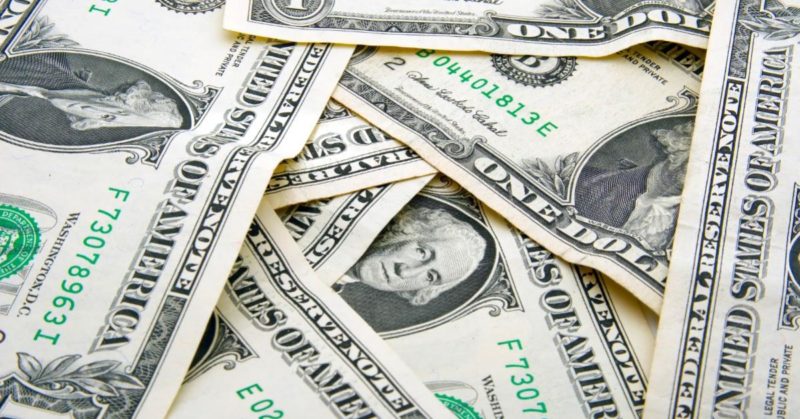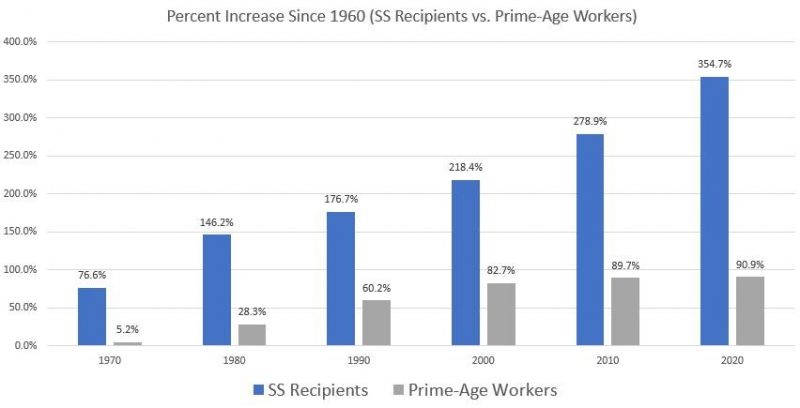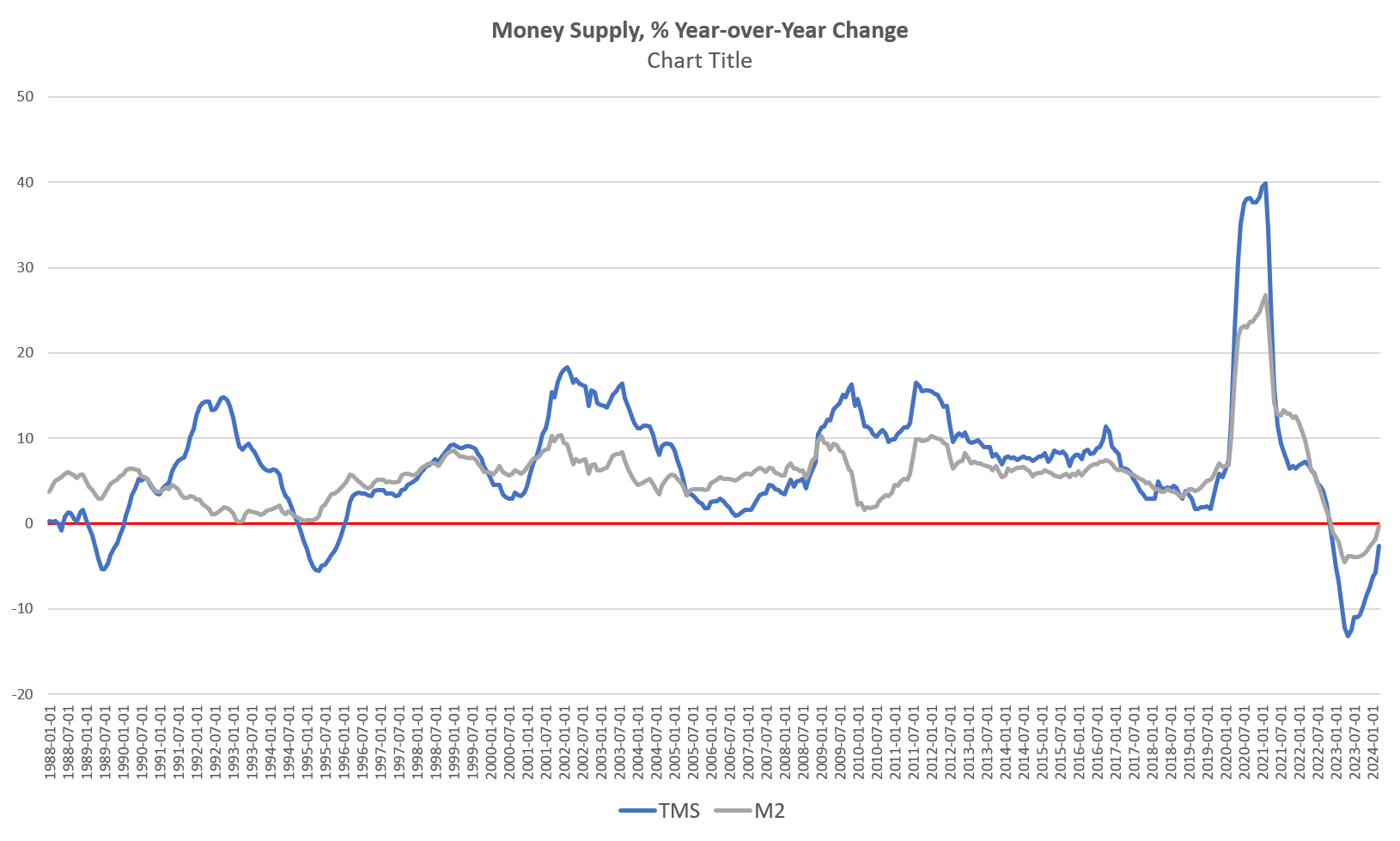Category Archive: 6b) Austrian Economics

You Think the Global Economy Is Brightening? Beware: The Big Hit Is Yet to Come
Relief is spreading among economic analysts and stock market experts. Energy prices are decreasing noticeably. The energy supply this winter seems secure; in Europe, government support for consumers and producers is available if needed. China is turning away from its zero-covid policy, and production is ramping up again.
Read More »
Read More »
The Chinese Communist Party Is Creating a Crackdown Economy
True story: Many weekends during my studies in Changzhou, China, my friends and I would go out to have a drink only to realize that our favorite bar was not open that night. In fact, all of the city’s clubs would be closed. The reason? Police had decided to crack down on these nightclubs.
Read More »
Read More »
The Fed Is Already Flashing Signs It’s Done Raising Rates
The Federal Reserve’s Federal Open Market Committee (FOMC) on Wednesday raised the target policy interest rate (the federal funds rate) to 4.75 percent, an increase of 25 basis points. With this latest increase, the target has increased 4.5 percent since February 2022, although this latest increase of 25 basis points is the smallest increase since March of last year.
Read More »
Read More »
2023 Libertarian Scholars Conference
Join the Mises Institute at the 2023 Libertarian Scholars Conference on Saturday, September 23.
We'll meet at the Grand Hyatt in Nashville, Tennessee.
The first Libertarian Scholars Conference was held in New York City in 1972 under the aegis of the Center for Libertarian Studies.
Read More »
Read More »
It’s Never Too Late to Begin Protesting against the Proposed Central Bank Digital Currency
Whether you like it or not, central bank digital currencies (CBDCs) are coming. That’s the message in a recent tech column in the Wall Street Journal. A similar tone can be found coming from organizations like the World Economic Forum, the International Monetary Fund, and the Atlantic Council.
Read More »
Read More »
More Recession Signs: Money Supply Growth Went Negative Again in December
Money supply growth fell again in December, falling even further into negative territory after turning negative in November for the first time in twenty-eight years. December's drop continues a steep downward trend from the unprecedented highs experienced during much of the past two years. During the thirteen months between April 2020 and April 2021, money supply growth in the United States often climbed above 35 percent year over year, well above...
Read More »
Read More »
Is the Japanese Low Inflation–Low Interest Rate Model at an End?
The macroeconomic situation in Japan seems to be coming to a head. When the Bank of Japan, under its President Haruhiko Kuroda, announced on December 20, 2022, that it would raise its interest rate ceiling on ten-year Japanese government bonds from 0.25 percent to 0.50 percent, share prices in Tokyo plummeted and the Japanese yen appreciated sharply.
Read More »
Read More »
Outrage on Refugees and Silence on Sanctions
I have seen immigration-control advocates exclaim against illegal immigration my entire life. They say that U.S. officials just need to “crack down” in the war on illegal immigration in order to bring an end to America’s decades-long, never-ending, ongoing, perpetual immigration crisis and immigration chaos along the border.
Read More »
Read More »
Fighting Inflation Really Means Fighting the Federal Reserve
There are surely other worlds than this—other thoughts than the thoughts of the multitude—other speculations than the speculations of the sophist.
—Edgar Allan Poe, “The Assignation”
Nothing brings out misleading or false narratives like the subject of money. Prices over the last twenty-five months have shot up, and this development is roundly called inflation. Why? Because prices have shot up. The criminals running the government even passed an...
Read More »
Read More »
How Fast Should the Money Supply Grow?
Some economists have suggested that inflation results when the money supply expands faster than the rate at which goods and services are produced. They correctly point out that this expansion of the money supply will generally lead to rising prices. But what most economists fail to mention is that inflation can exist even when prices are stable.
Read More »
Read More »
Do Correlations Help Define Money?
According to popular thinking, the government’s definition of money is of a flexible nature. Sometimes it could be M1, and at other times it could be M2 or some other M money supply. M1 includes currency and demand deposits. M2 includes all of M1, plus savings deposits, time deposits, and money market funds.
Read More »
Read More »
What About the Dollar Milkshake Theory? And Klondike?
John Rubino and Peter Tallman were my guests on 1/25/23 in my first show of Turning Hard Times Into Good Times in the new format. Interviews covering similar themes and guests will be available at JayTaylorMedia.com/audio and at YouTube.com/jaytaylormedia channel every Wednesday at 3:00 PM ET.
Read More »
Read More »
2022 is the end of big tech and the beginning of the 11 years commodity cycle from 2023 – 2033
Don’t miss my latest talk with my “political incorrect” friend Jeremy on TNT Radio – about the World Economic Muppet-Show called WEF and much more
Click on the below link, to listen to the show.
https://tntradiolive.podbean.com/e/claudio-grass-on-jerm-warfare-with-jeremy-nell-24-january-2023/
This work is licensed under a Creative Commons Attribution 4.0 International License. Therefore please feel free to share and you can subscribe for...
Read More »
Read More »
Raise the Social Security Age to (At Least) 75
On January 10, the French government announced plans to raise the retirement age from 62 to 64. The change would mean that after 2027, workers in France would have to work 43 years to qualify for a government pension, instead of 42 years. French workers promptly took to the street in protest decrying even this very small reduction government welfare.
Read More »
Read More »
Freiheit beginnt beim Ich – Interview mit Anna Schneider
Interview mit Anna Schneider, Juristin und Journalistin und Autorin des Buches “Freiheit beginnt beim Ich: Liebeserklärung an den Liberalismus”. Ludwig von Mises Institut Deutschland (LvMID): Liebe Frau Schneider, herzlichen Dank für Ihre Bereitschaft zu einem Interview über Ihr neu erschienenes Buch! Was hat Sie motiviert, eine „Liebeserklärung an den Liberalismus“ zu schreiben, wie der Untertitel Ihres Buches lautet?
Read More »
Read More »
In Defense of Covid “Price Gouging”
The recent inflationary episodes in the USA have led to the emergence of several different explanations, ranging from overexpansion of the money supply to supply-side constraints, not to mention the role of rising markups along with price gouging and greed for profits. Each emphases the unique role that the category has played in the elevated price level.
Read More »
Read More »
End the Welfare-Warfare State
By any measure, the conversion of America to a welfare-warfare state has been a disaster. It is time to end this deadly and destructive political and economic experiment. Consider some examples:
1. After embroiling America in forever wars in Afghanistan, Iraq, Syria, Somalia, and other parts of the world, the Pentagon has succeeded in getting us closer to nuclear war since 1962, when it did the same in the run-up to the Cuban Missile Crisis.
Read More »
Read More »
The death of the middle class is the death of civil society
Part II of II by Claudio Grass, Hünenberg See, Switzerland
The blame game
As we know from every crisis in human history, and especially the more recent ones, the most important item on any politician’s agenda is to find someone else to blame for it. It can be a foreign foe in the form of a hostile state, it can be an “enemy within”, usually long-standing political opponents and their supporters, or it can even be some invisible villain like...
Read More »
Read More »
Questioning the Military Necessity of Dropping Atomic Bombs on Japanese Cities
One of the most devastating moments in American history took place on August 6 and August 9, 1945, with the bombings of Hiroshima and Nagasaki. Approximately three hundred thousand civilians, forty-three thousand soldiers, forty-five thousand Korean slave laborers, and over a thousand American citizens (including twenty-three prisoners of war) would die.
Read More »
Read More »
The Pentagon’s Perpetual Crisis Machine
Given President Biden’s decision to send 31 of its top-ranked M1 Abrams tanks to Ukraine, it is clear that the Pentagon has decided to escalate its war against Russia. Biden’s decision was followed by Germany’s decision to deliver 14 Leopard 2 A6 tanks to Ukraine.
Read More »
Read More »











